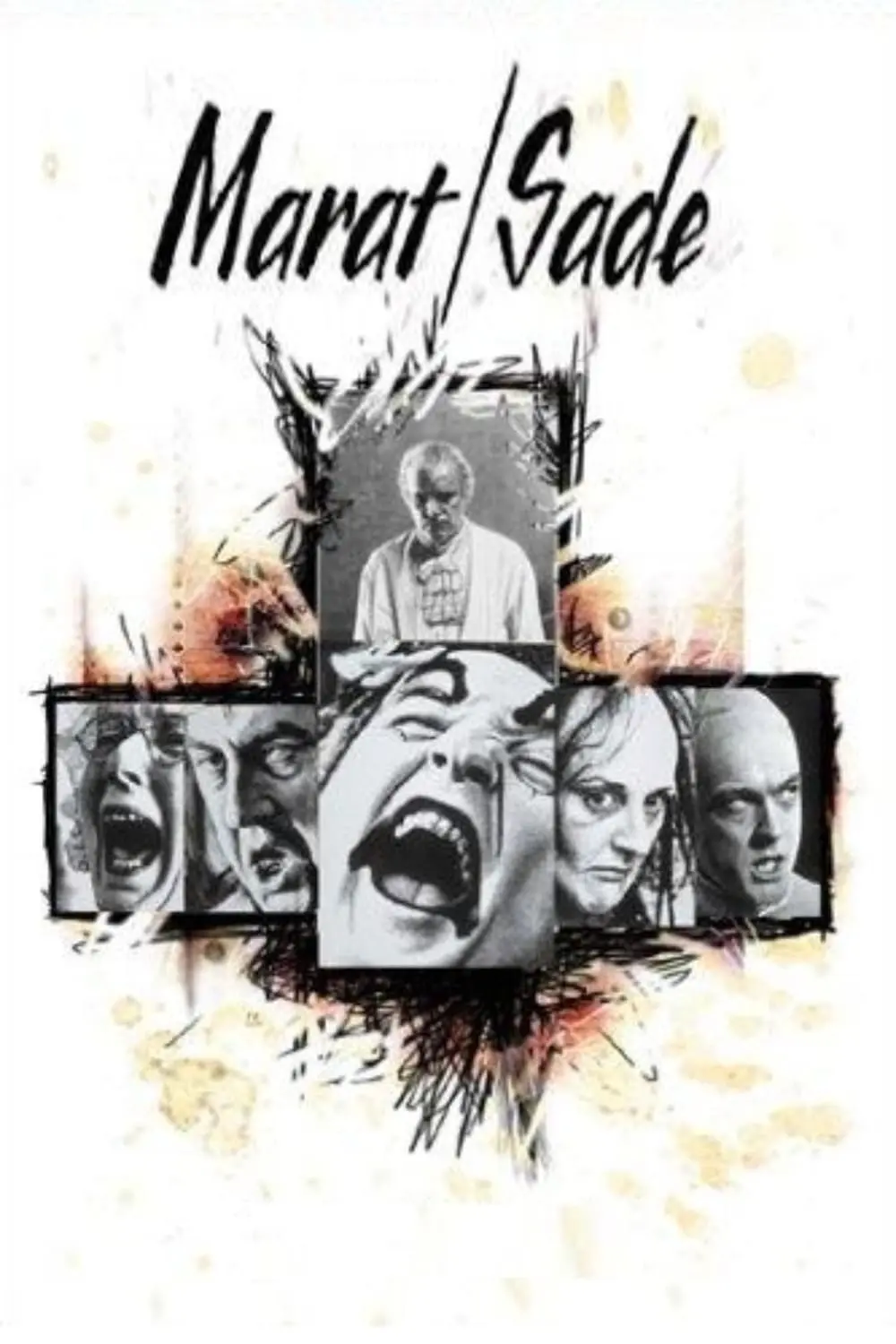In a lunatic asylum in 1808, a group of inmates prepares to perform a play that explores the life and death of Jean-Paul Marat, the fervent defender of the French Revolution. As the details of the performance are fine-tuned, the audience is immersed in an impassioned dialogue between the characters: Marat and his antagonist, the philosopher Sade, who challenges revolutionary ideas and questions the morality of society. The plot revolves around the idealistic struggle and the harsh realities of life, triggering philosophical debates about freedom, oppression, and the boundaries between madness and sanity.
Throughout the play, the inmates, each with their own stories and madness, weave a narrative rich in symbolism and reflection, as Director Sade tries to give voice to Marat's struggle. The presentation becomes a mirror of the society of the time, displayed on a stage where madness and reason coexist and confront each other. Through vibrant performances and dialogues laden with deep meanings, the film not only questions the nature of revolution and social change but also the very essence of being human. In the end, the play leaves the audience contemplating the cost of freedom and the price of ideals in a world that seems to be in constant chaos.
